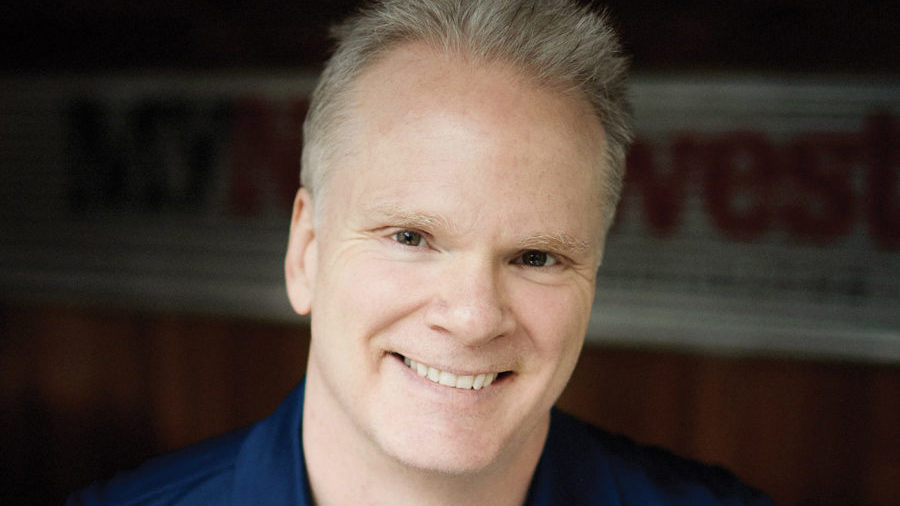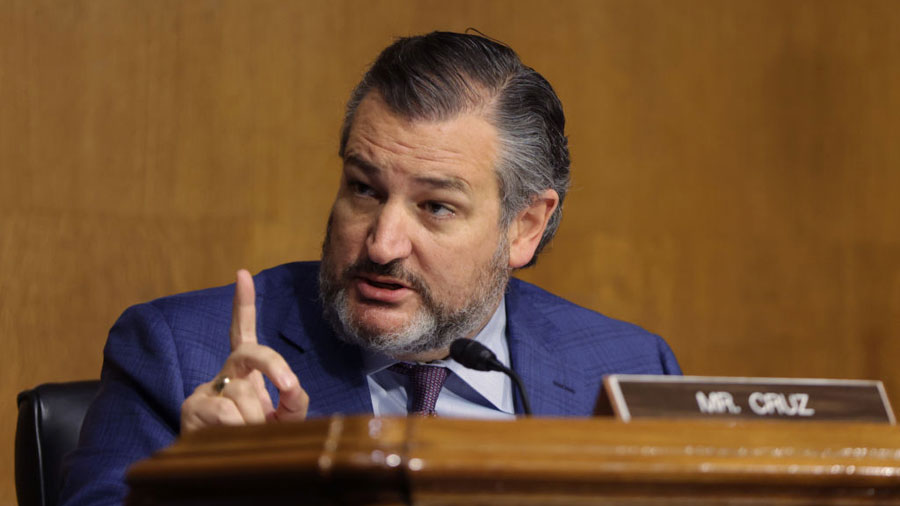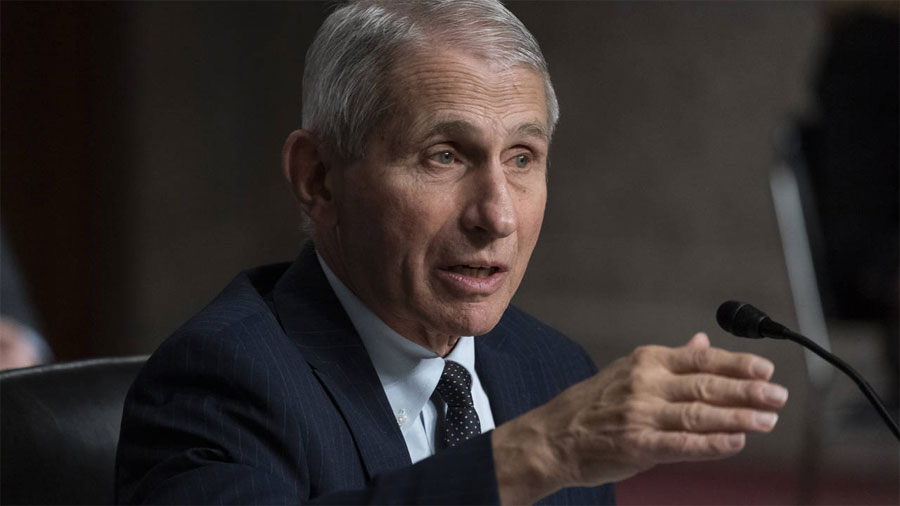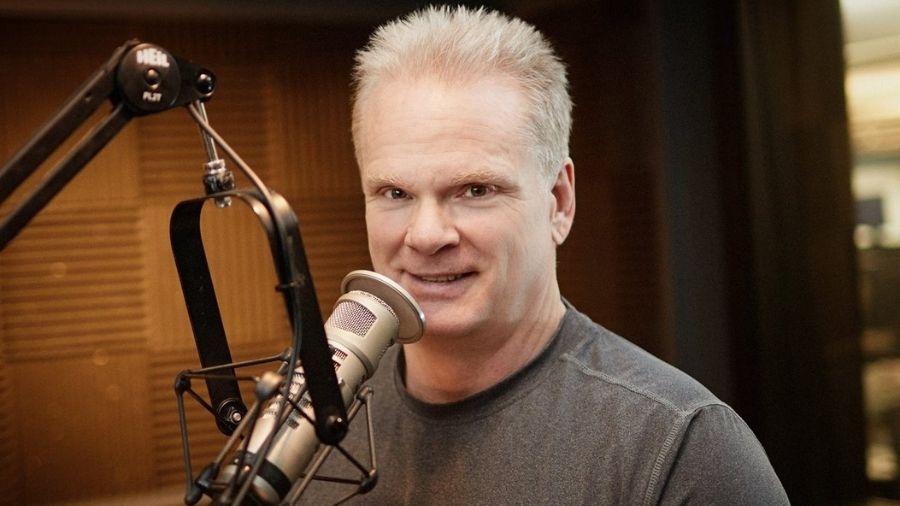Critics argue pay-per-mile turns every road into toll road
Dec 16, 2016, 5:09 AM | Updated: 12:04 pm

(File, Associated Press)
(File, Associated Press)
Washington state officials are experimenting with a pay-per-mile form of taxation to fund its roads, but the method is not sitting well with some residents who allege that it’s about much more than money.
But Executive Director of the Washington State Transportation Commission Reema Griffith is defending the tests planned for the pay-per-mile idea.
Washington pay-per-mile pilot to being in less than a year
“We have a funding problem,” Griffith told KTTH’s Todd Herman. “We’re glad cars are getting more fuel efficient, and we’re glad that means less costs for consumers, that’s great. But when you have a transportation system that is reliant on the consumption of fuel and you are watching cars getting more and more fuel efficient, and with alternative fuels coming on the market … we have real problem. It comes down to: Do we want to take care of our road system or don’t we?”
New fuel systems range from electric cars to cooking oil, Griffith said, also noting that Ford and Toyota could be shifting their entire fleets to hydrogen fuel cells over the next 15 years. Those forms of fuel aren’t taxed like gasoline. One alternative officials are looking at is having drivers pay for every mile they drive.
But some, including Todd, want to put the brakes on that idea.
Not complying with pay-per-mile
While some officials think that pay-per-mile taxes would set a flat usage fee for all drivers and create a fair system, others argue that it’s a step toward a concerning situation.
The story behind Washington’s pay-per-mile proposal
“I will never allow you to track my movement,” Todd Herman said. “I will never let you put a GPS in my car. I will never report to you where I drive. Not ever.”
“I will never participate,” he said. “I will not comply. I never will. This is abhorrent to freedom. The government has no business knowing how many miles I drove”
For Herman, if the state really wanted to solve the issue of declining gas taxes, it would simply just impose the same tax on other fuels. But it’s not about that, he alleges.
“If this was about increasing revenues, you could increase the gas tax,” Herman said. “If it was about alternative fuels, you could find a way to charge people at charging stations. In fact, you could push software on internet-connected cars to tax them at the point of energy consumption. With hydrogen cells, you could to the same thing. If this was about increasing funding for roads, you would go that way.”
But Herman sees pay-per-mile as the first step toward giving the state the ability to tell people when and where they can drive. Essentially, giving drivers financial incentives to drive or not to drive by how expensive it would be to drive at different times and on different routes. It’s a similar notion to how WSDOT attempted to solve congestion on I-405 by implementing express toll lanes.
“A lot of people, including myself, see this as turning every single roadway … into a toll road that decision-makers and power brokers will decide what you will pay on a daily basis,” he said. “We see this as a way to force us onto choo choo trains and onto buses. We see it as an assault on people in urban areas, not in a downtown corridor.”
That’s the point of testing the pay-per-mile method, Griffith said. The state wants to test the method with GPS systems and without GPS systems, and determine if any pay-per-mile taxes are feasible and fair. It could be difficult if drivers go in and out of state.
“There is absolutely a drawback to that,” Griffith said. “If you drive out of state that may not be the best fit for you because you will be paying on your total miles … Are there too many drawbacks? Or are there drawbacks, but they can be solved?”
“I wish it were as simple as you portray; if it were as simple as raising the gas tax,” she said, noting that option was looked at. “But the fiscal risk we are facing, which is hard to estimate, is how soon will consumers adopt higher mileage, hybrids, the electrics … legislatures across the country could try to find ways to tax different fuel sources that are emerging … It’s like being at a horse track and deciding which one will emerge that the auto makers are going to run with. And then trying to figure out how we tax it.”
“I’m sorry,” Herman countered. “The way this will go is that you guys will eventually want to force a GPS unit into people’s cars and charge us on the go. Everybody sees it coming.”













